HBR about Leadership Coaching

If you prompt ChatGPT for “write how coaching is defined by HBR – summarize how HBR has published about coaching in the last 10 years – keep it short”, this is what you get:
Harvard Business Review (HBR) has extensively explored coaching, emphasizing its role in leadership development and organizational performance. Key insights from HBR’s publications include:
Definition and Purpose of Coaching:
HBR defines coaching as a collaborative process aimed at enhancing an individual’s skills, behaviors, and performance. It involves a partnership between the coach and the coachee to identify goals, develop strategies, and overcome obstacles.
Types of Coaching:
- Executive Coaching: Focused on senior leaders, this coaching addresses strategic thinking, leadership effectiveness, and organizational impact.
- Performance Coaching: Targets specific skills or behaviors to improve job performance and achieve immediate objectives.
- Developmental Coaching: Aims at long-term personal and professional growth, fostering adaptability and continuous learning.
Benefits of Coaching:
- Enhanced Leadership Skills: Coaching helps leaders develop emotional intelligence, decision-making capabilities, and interpersonal skills.
- Improved Employee Engagement: Employees who receive coaching often exhibit higher motivation and commitment to organizational goals.
- Facilitated Change Management: Coaching supports individuals and teams in navigating transitions and embracing new initiatives.
Effective Coaching Practices:
- Active Listening: Coaches should fully engage with the coachee’s perspectives to understand their challenges and aspirations.
- Powerful Questioning: Asking insightful questions encourages self-reflection and deeper understanding.
- Goal Setting: Establishing clear, achievable goals provides direction and measures progress.
- Feedback and Accountability: Regular, constructive feedback and accountability mechanisms ensure sustained development.
Challenges in Coaching:
- Resistance to Change: Individuals may be hesitant to alter established behaviors or mindsets.
- Misalignment of Objectives: Without clear alignment between coaching goals and organizational priorities, outcomes may be suboptimal.
- Quality of Coaches: The effectiveness of coaching heavily depends on the coach’s expertise and the quality of the coach-coachee relationship.
HBR emphasizes that successful coaching requires commitment from both the organization and the individual, with a focus on continuous improvement and alignment with broader business objectives.




